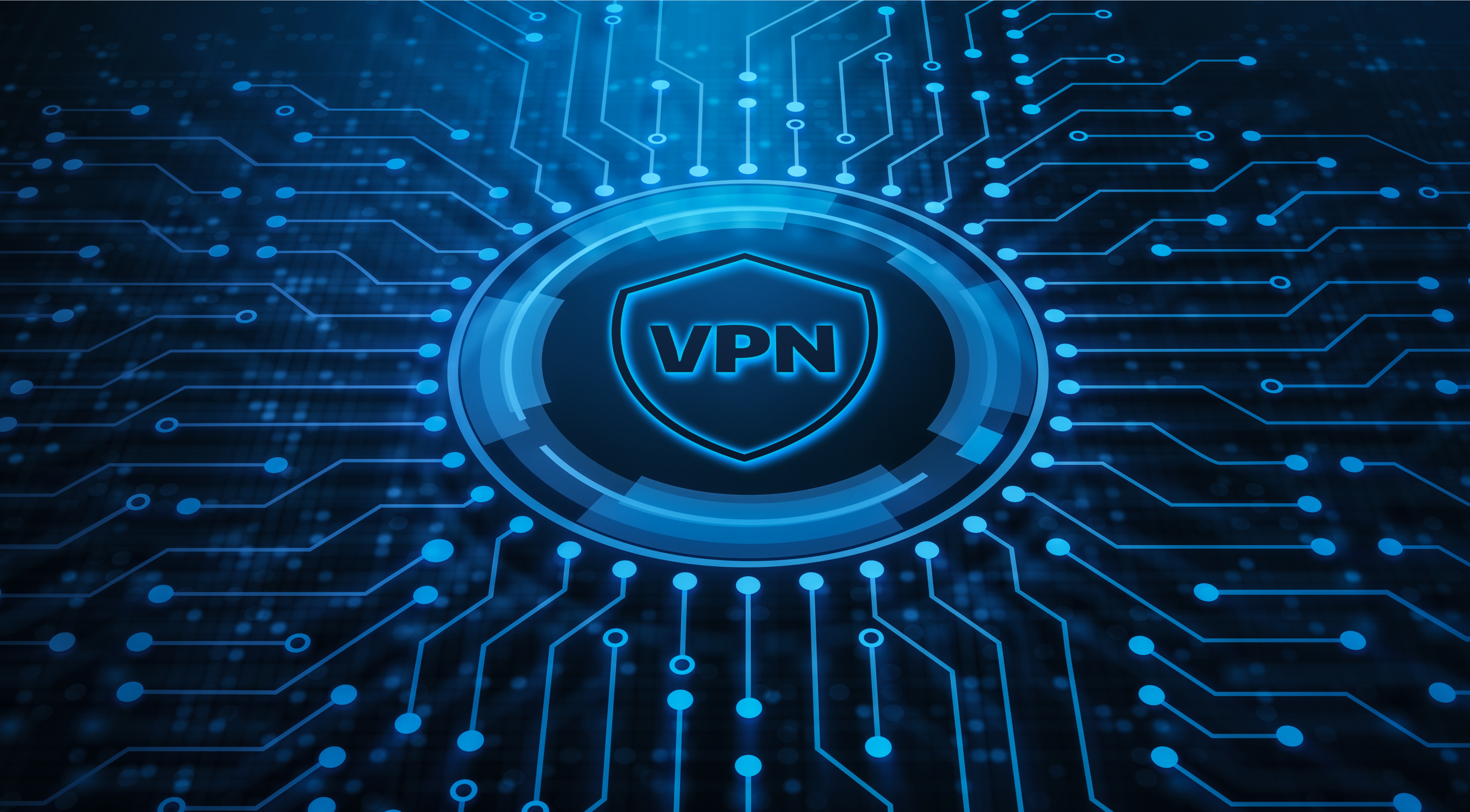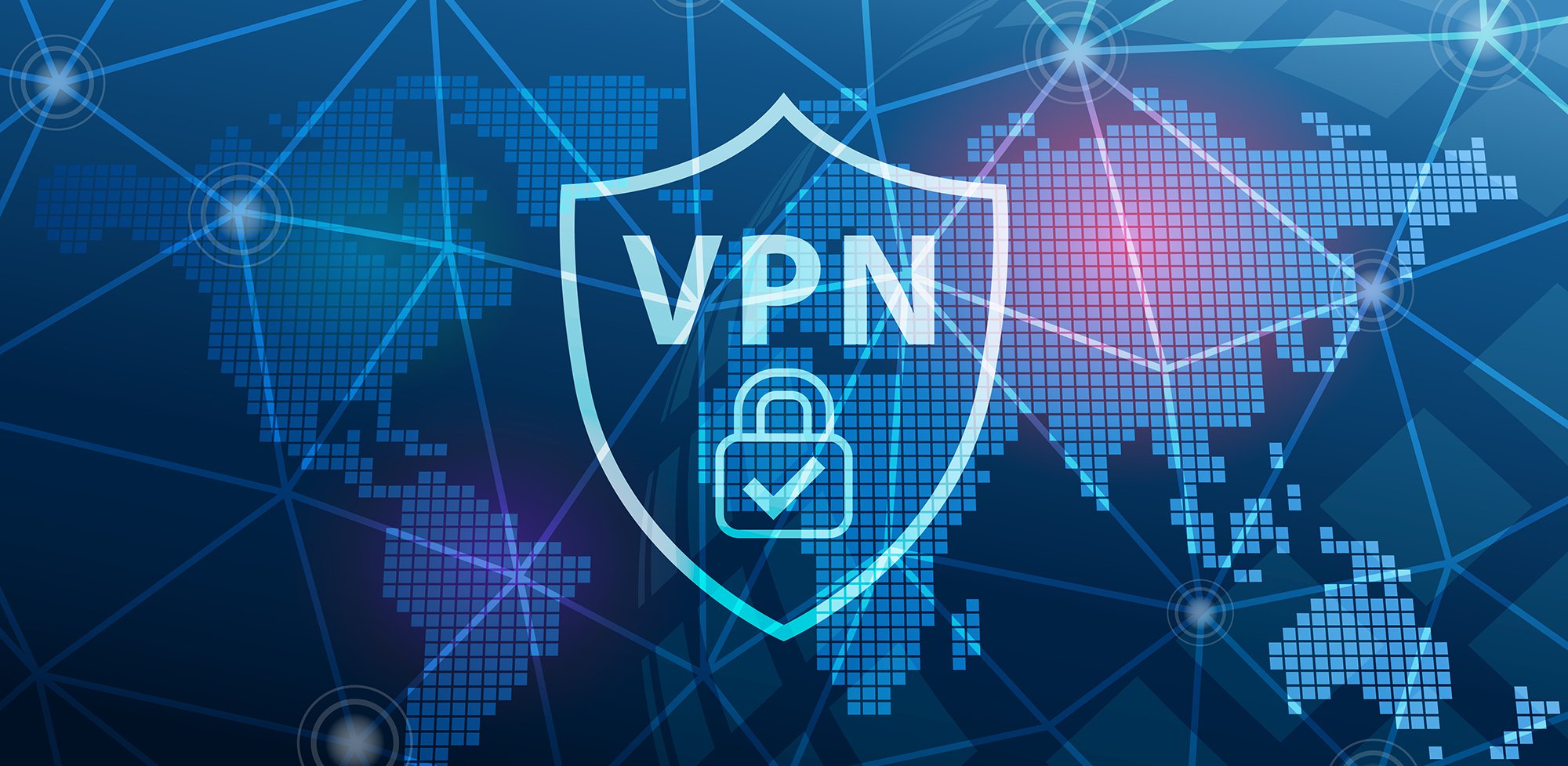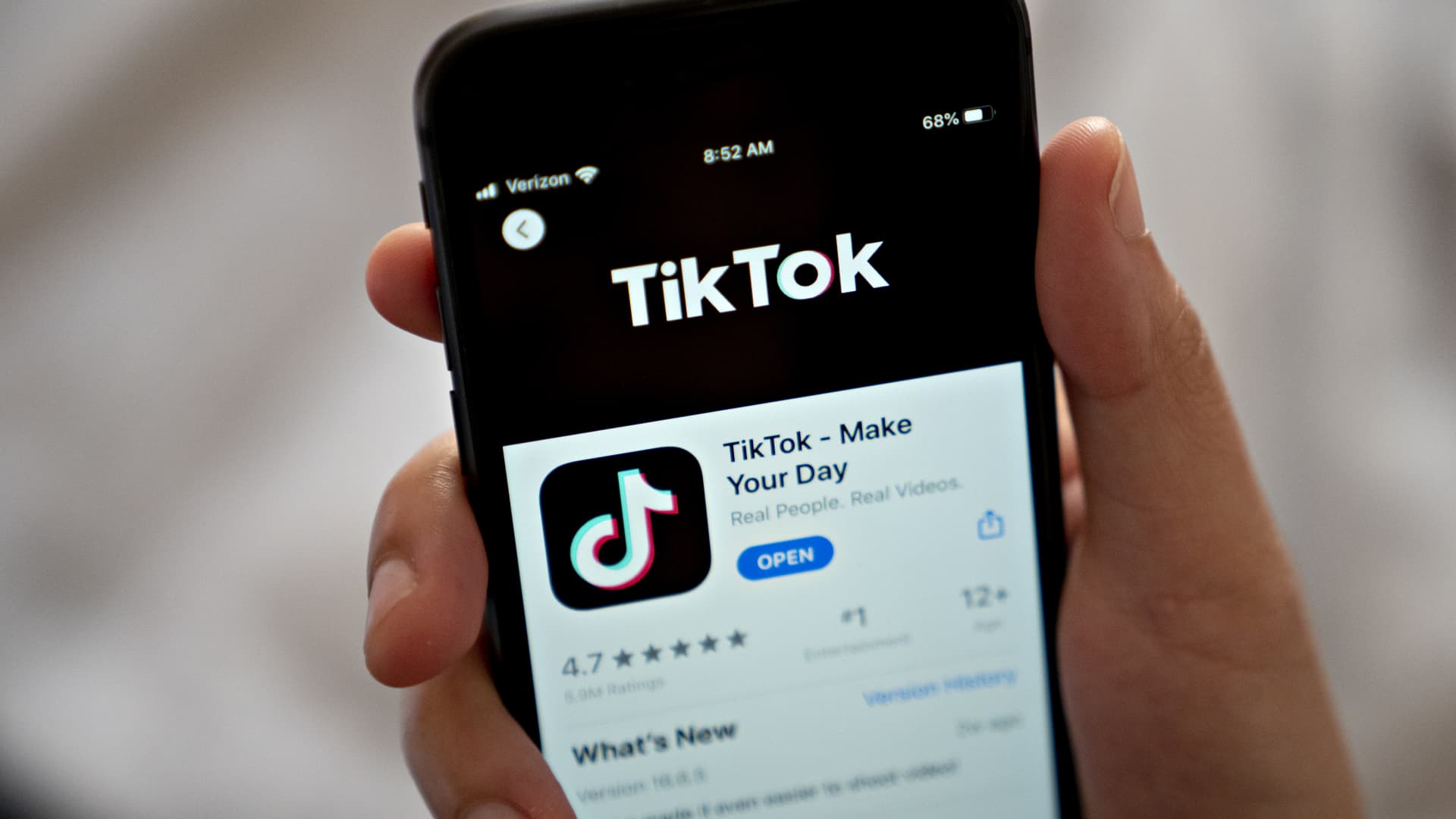You can use a VPN to hide your online activity for its primary purpose. In addition to protecting against hackers and snoopers on public networks, VPNs are also useful for hiding personal data, IP addresses, and browsing activity on public and private Wi-Fi networks. As our lives become more digital VPN for macOS, our privacy becomes increasingly endangered. It is possible to find someone watching or tracking your online activity whenever you browse the web, whether it is your internet service provider or a company that collects your data to monetize or sell it to hackers seeking to steal your details.
You can browse safely and securely with a VPN since it encrypts your connection and hides your location. Since your home network includes security protections like a username and password, a VPN for macOS is necessary at home than in public. Many people still use a VPN at home to protect themselves from online tracking and content streaming. But, a VPN can also protect you from other types of privacy threats. You can find a complete definition and more information about how VPNs work by checking out our comprehensive guide on what a VPN is.
The information collected about you can be used by companies to improve their products or to show you targeted advertising based on your online activity. Companies can track your online activity whenever you visit a website or open an online application. VPNs can help strengthen your anonymity and prevent trackers from tracking you, especially if combined with anti-tracking tools.

If you remain logged in to the site while using a VPN, sites can still track what you do on their platform and elsewhere. Using your data this way, companies like Google can learn much more about you than you may realize. An unsecured public Wi-Fi network can be easily hacked, allowing hackers to intercept any information you send or receive. While most internet traffic is unimportant, it could contain sensitive information like your bank account, credit card number, or login information.
There is a higher risk of attack at public libraries and airports because attackers cast a wide net. Home networks, on the other hand, are much safer. It is much less likely that someone can sneak into your network and join it. Additionally, if you take all the necessary steps to keep your home Wi-Fi router secure — including changing the default username and password — it’s probably not a top priority to use a VPN to protect it from cybercriminals.


